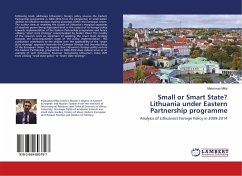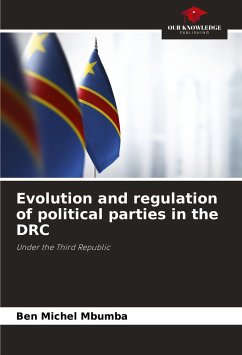
Directive 1999/44/EC and the Smart Regulation: Has the Directive complied with the principles of simplicity and proportionality under the Smart Regulation initiative for consumers in Germany and England and Wales?

PAYBACK Punkte
0 °P sammeln!
Consumption is one of the most influential, albeit dynamic, economic factors of the 21st century and, therefore, the legal rules and norms governing consumers are radically changing overtime. On European level, Directive 1999/44/EC has had a significant impact on the legal systems of member states, since its regulatory framework conflicts with well-established traditions rooted in the legal history of a country. This book will explore how and where the directive s norms clash with national law; Germany and England and Wales will serve as examples of two opposite approaches towards its implemen...
Consumption is one of the most influential, albeit dynamic, economic factors of the 21st century and, therefore, the legal rules and norms governing consumers are radically changing overtime. On European level, Directive 1999/44/EC has had a significant impact on the legal systems of member states, since its regulatory framework conflicts with well-established traditions rooted in the legal history of a country. This book will explore how and where the directive s norms clash with national law; Germany and England and Wales will serve as examples of two opposite approaches towards its implementation. Furthermore, the effects of the directive s incorporation into these domestic legal systems will be assessed in the light of the Smart Regulation s normative principles of simplicity and proportionality in order to determine whether it has improved the position of the consumer or legal certainty has been once again undermined.














